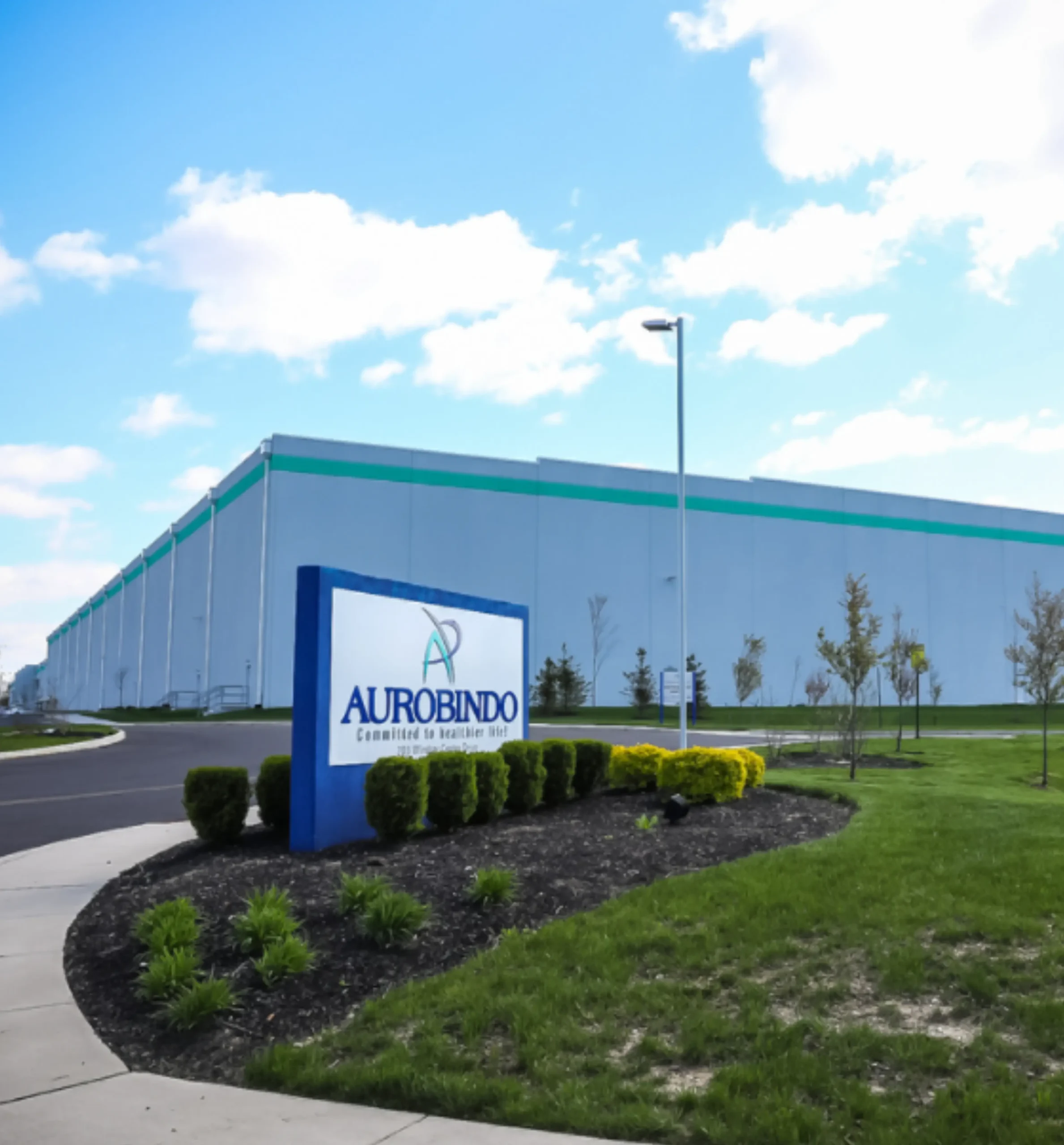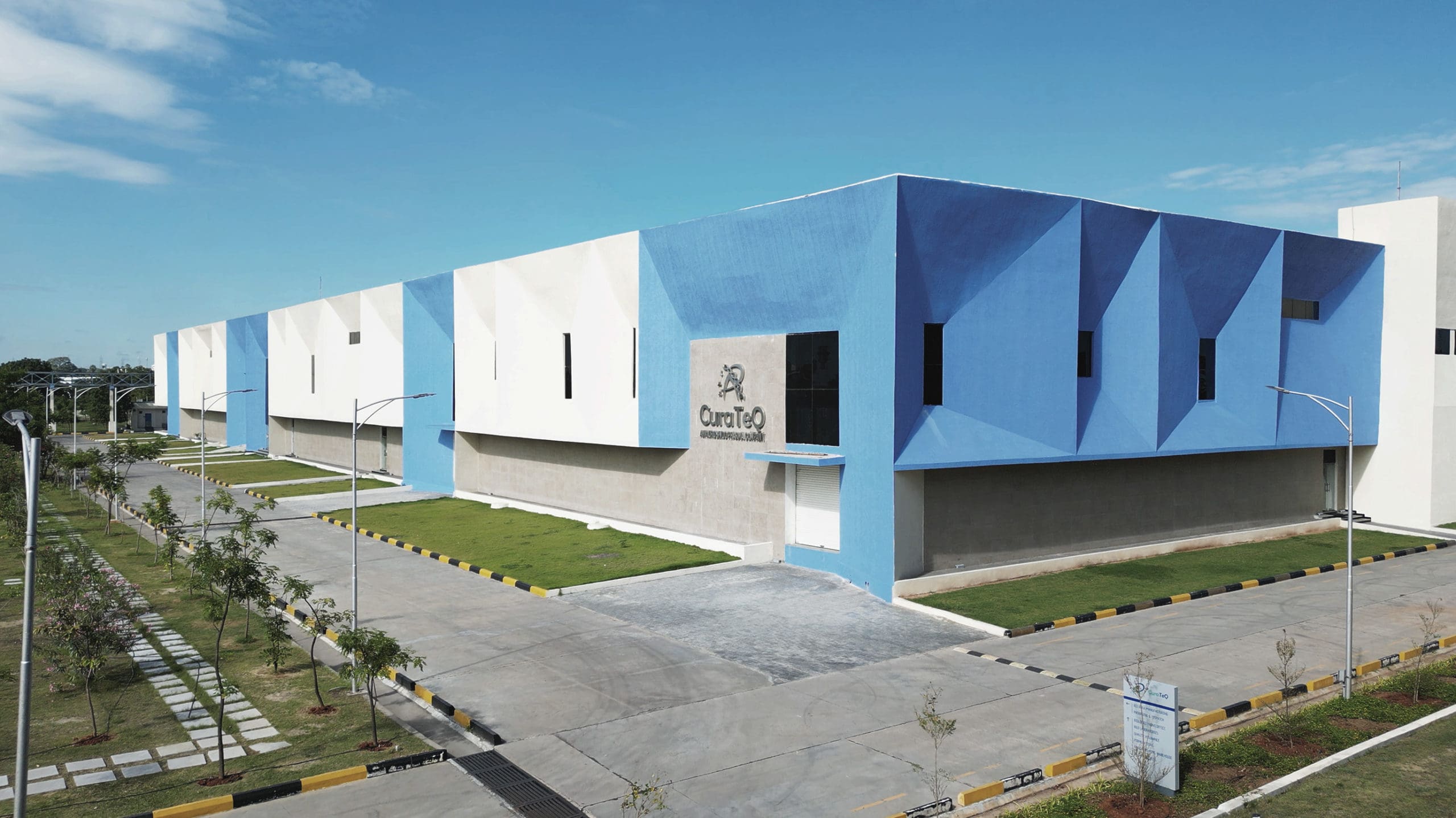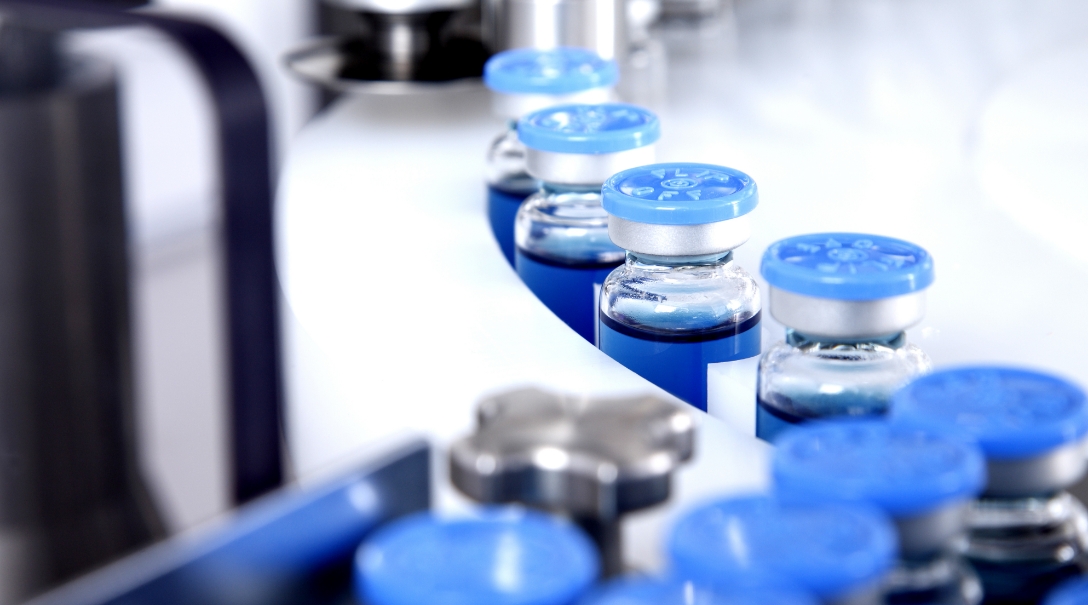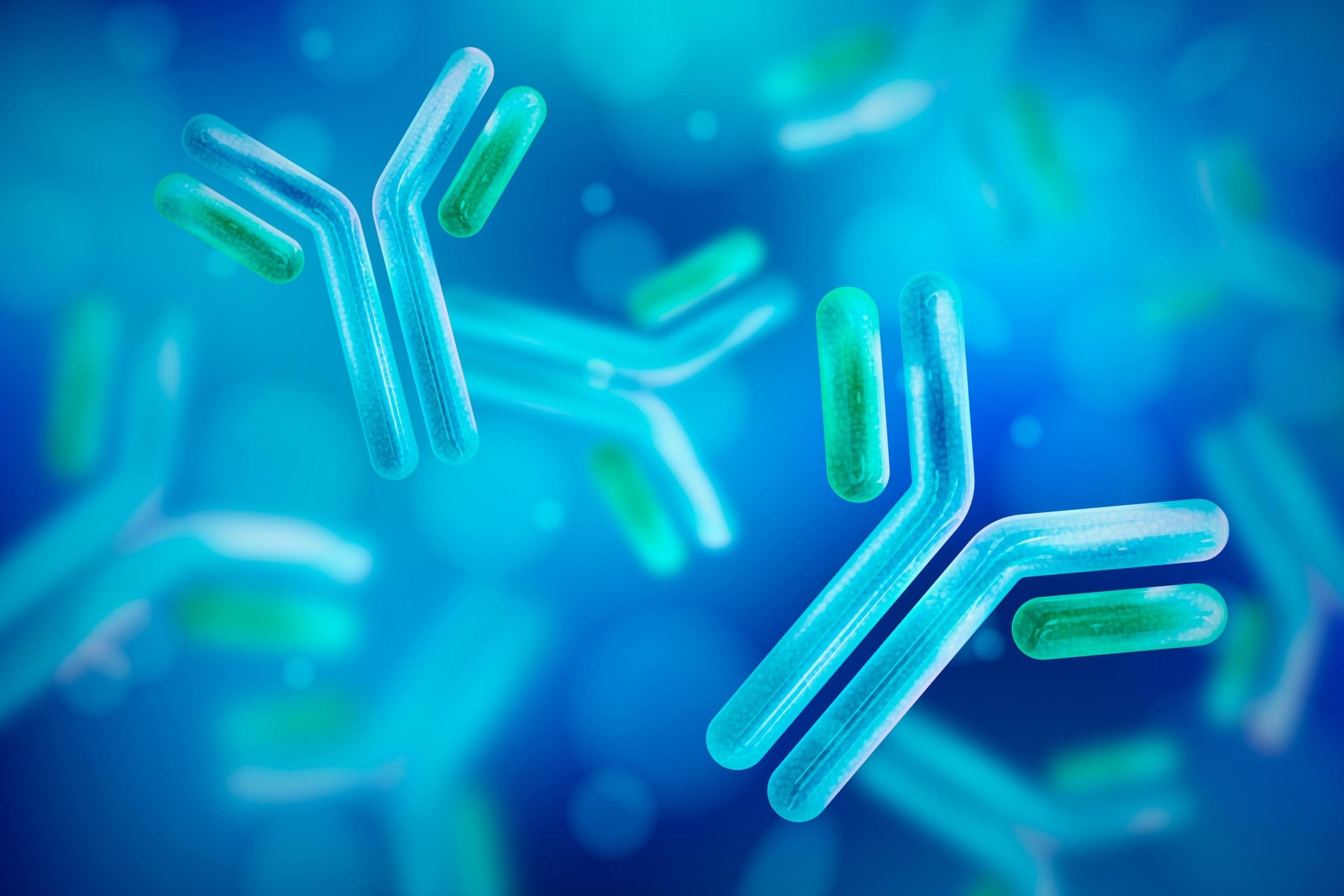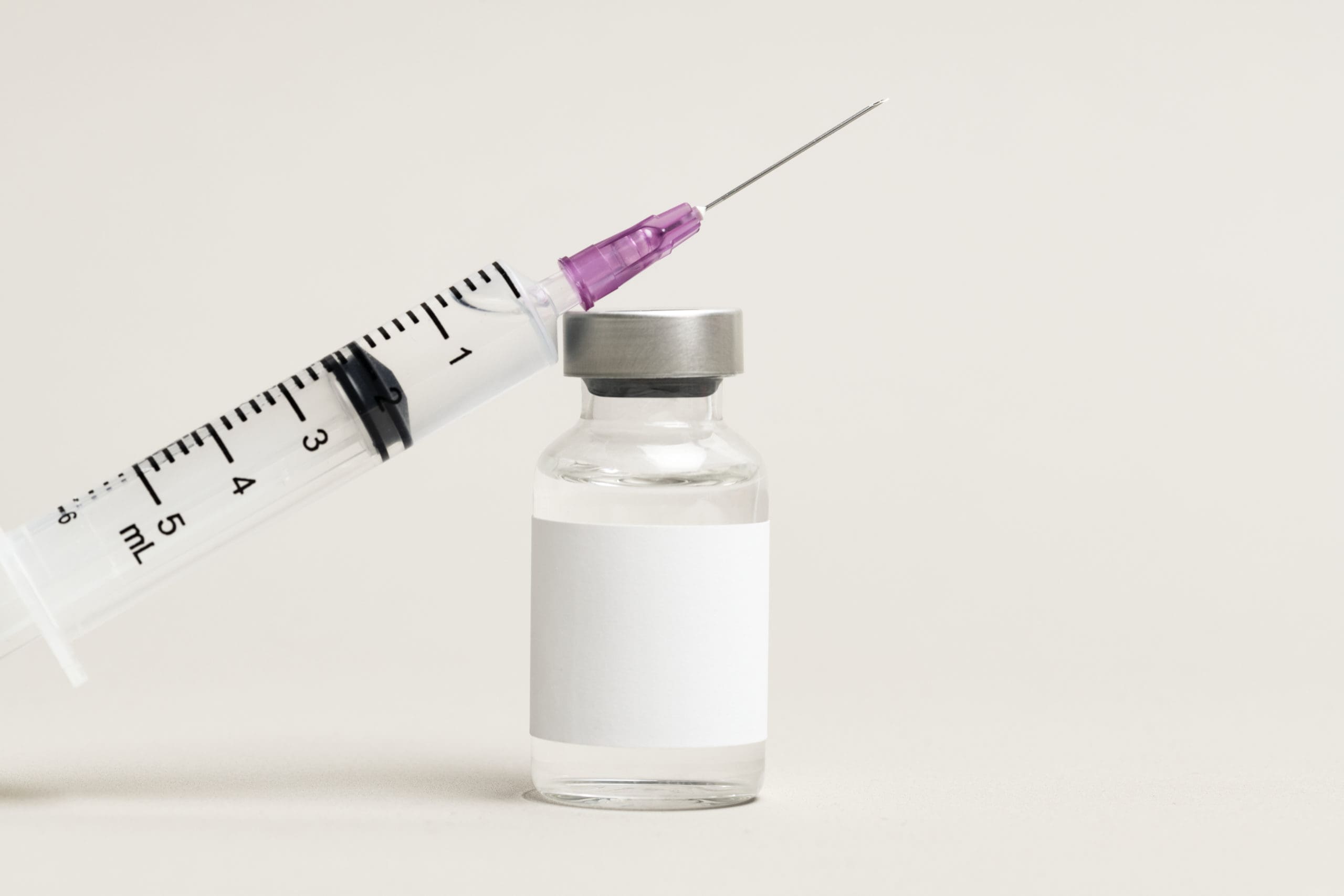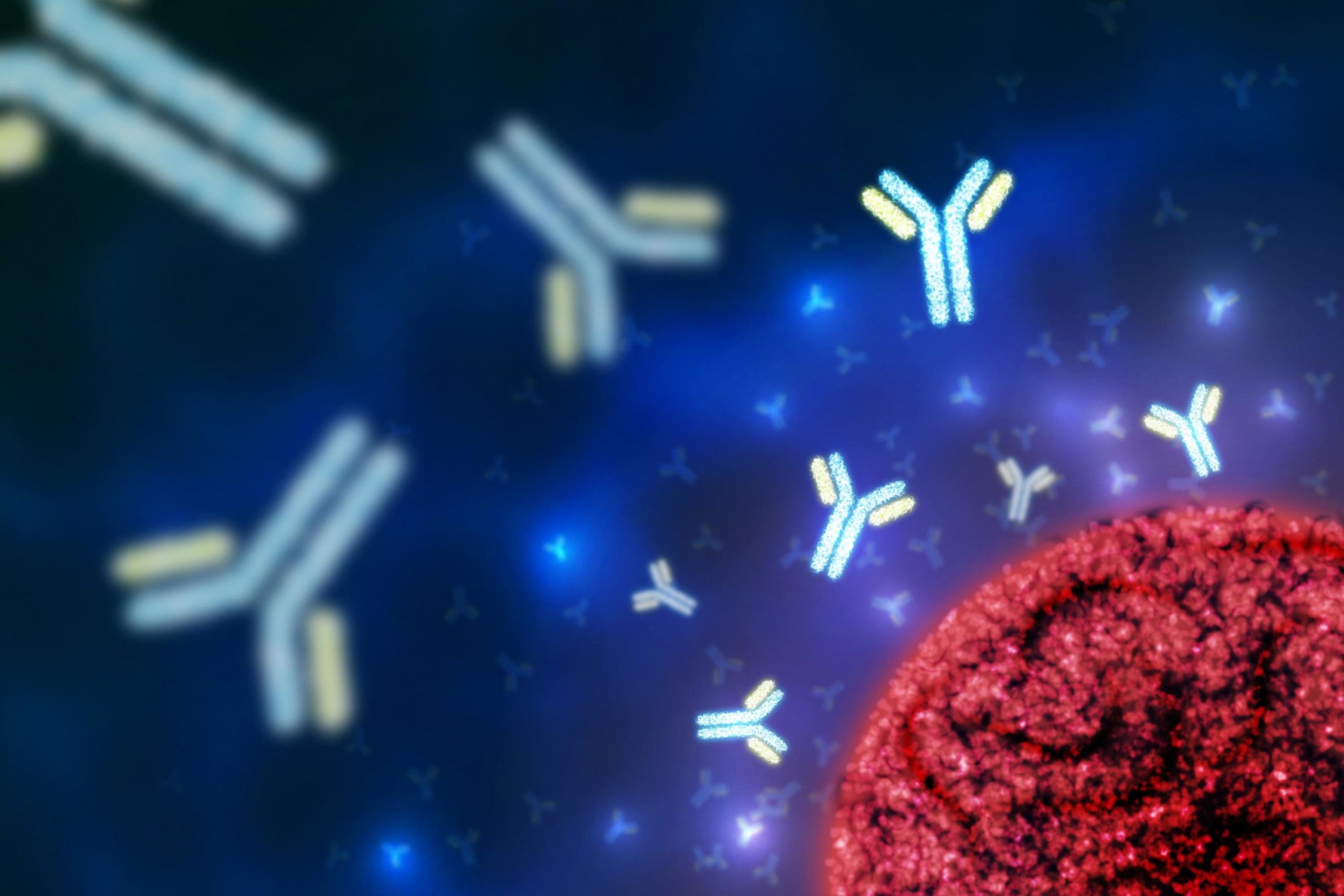
Improving access and affordability to biological medicines
What are Biosimilars?
Biosimilars are approved biological medicines that are highly similar and clinically equivalent to authorised ‘reference’ biological drugs.
CuraTeQ is on a mission to developing biosimilar medicines of the highest quality, providing essential access to lower-cost treatments for millions of patients with serious conditions, and delivering greater value to healthcare systems.
The global biosimilars market will increase in complexity and competition over the coming years as more innovator biologics are set to lose their patent exclusivity, and new biosimilar medicines are developed and marketed.
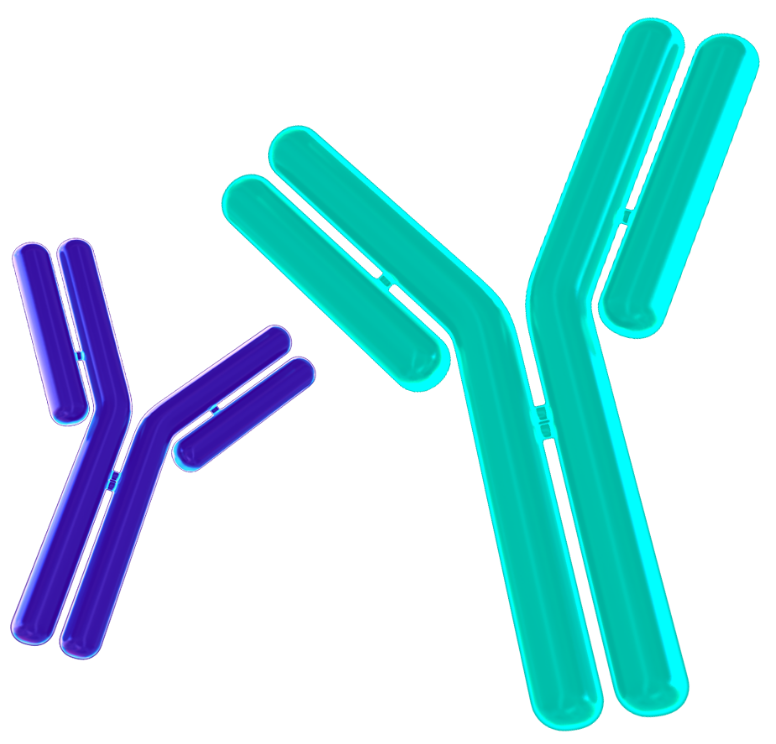
The biosimilars market is expected to reach over $42 billion in 2026*
Source: *www.globenewswire.com
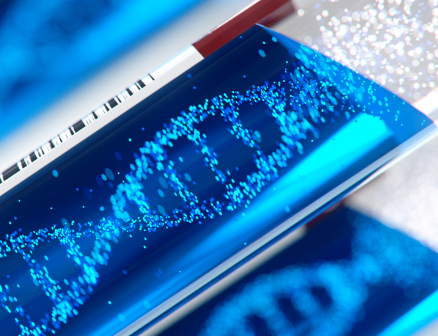
What are biological medicines?
What are biological medicines?
Biological medicines are generally developed from living organisms, which include animal cells and microorganisms such as yeast or bacteria. Biological products are used in a wide range of pharmaceuticals such as vaccines, blood components, monoclonal antibodies, gene therapies and allergenics. They are used to treat a variety of diseases and conditions such as cancer, chronic diseases, autoimmune diseases etc.
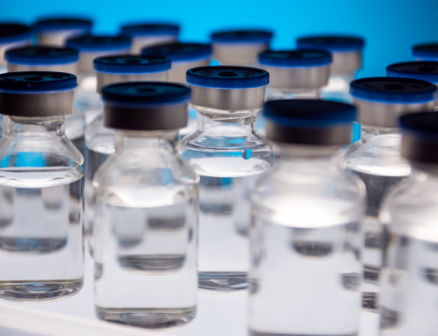
What is the definition of a biosimilar medicine?
What is the definition of a biosimilar medicine?
A biosimilar medicine is a biological medicine that does not have any clinically meaningful differences compared to the original reference medicine in terms of quality, safety, and efficacy. The same regulatory guidance and standards used to approve the original biological medicine apply to the new biosimilar product.
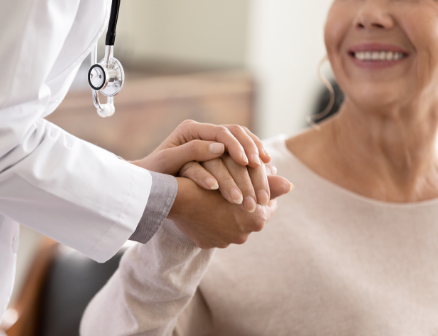
Benefits of biosimilars
Benefits of biosimilars
Biosimilars provide positive and sustainable impact to patients, payers, and healthcare systems at large, by:
- Offering effective, lower-cost treatments for patients that significantly drive down overall healthcare costs
- Providing wider access to essential treatment options for patients
- Reducing time-to-market barriers with accelerated and abbreviated regulatory pathways
How are biosimilars developed?

Totality of evidence approach to determining biosimilarity
The aim of biosimilar drug development is to establish similarity to the reference product in terms of quality, safety, and efficacy using a holistic approach that includes analytical, nonclinical, and clinical comparative studies.

Approved biosimilars are equivalent to reference biologics in the following manner:

They have the same dose and strength

They are administered to patients using the same route

They provide equivalent benefits in treating a disease

They have the same potential side effects

Interchangeable biosimilar products
The practice of administering a biosimilar in place of its reference biologic or vice versa to have the same clinical benefit is called ‘Interchangeability’.
The related practice of ‘Switching’ refers to the administration of a biosimilar as prescribed by a physician, whereas ‘Substitution’ refers to dispensing an equivalent biosimilar at the pharmacy without the need for consulting a physician.
To be deemed interchangeable, biosimilars must meet additional regulatory requirements to demonstrate almost identical analytical similarity, safety, efficacy, and benefit as the reference product when administered in any patient.
Extrapolation of biosimilars
Extrapolation allows the regulatory approval granted to a biosimilar drug to be extended to all clinical indications as the reference biologic, even though a biosimilar is not clinically studied for each indication as the innovator product.
The foundational principle of extrapolation stems from the ‘totality of evidence’ approach whereby a biosimilar is deemed to be highly similar to the reference biological product. By way of establishing strong analytical biosimilarity through extensive comparative physicochemical and functional evaluation, no clinically meaningful differences are expected to be observed between a biosimilar and its reference biological product.
As additional clinical studies are not warranted for well characterised biosimilars, significant savings in developmental times and costs are realised by biosimilar manufacturers. These benefits are passed on to patients, payers, and global healthcare systems in the form of lower-cost treatment options and accelerated market access to high quality biotherapeutics.

